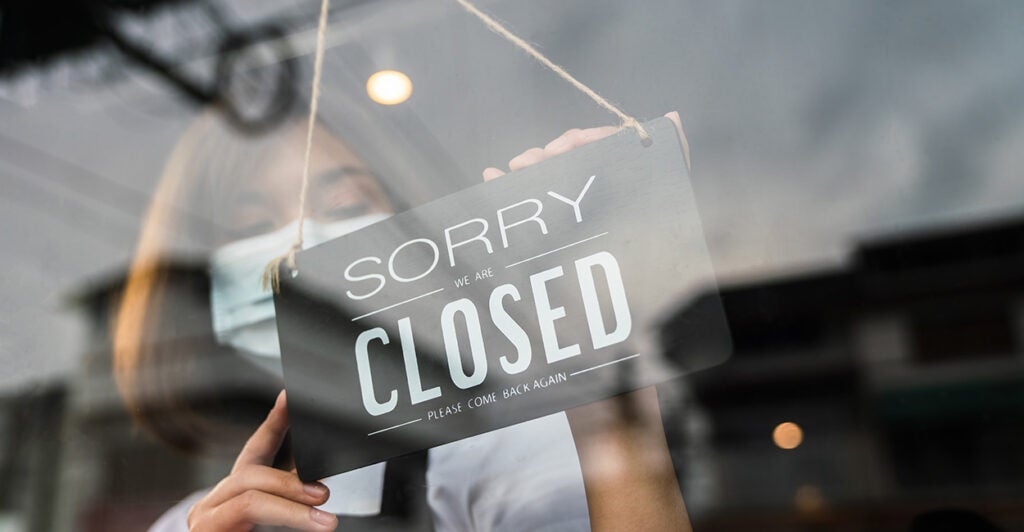Voters in the District of Columbia approved a ballot measure Tuesday that gradually will raise the pay of tipped workers.
The approved measure, Initiative 82, also will require that D.C. employers match the pay of tipped employees to the district’s minimum wage requirement by 2027.
D.C. restaurants are among employers targeted by the ballot question, which was spearheaded by labor unions.
“Although [these initiatives] sound great and are many times emotionally charged … , the bottom line is that the customer’s the one who’s going to pay for it in the end,” Noe Landini, owner of Junction Bistro Bar and Bakery on Capitol Hill, told The Daily Signal.
Unofficial results show that with over 95% of the D.C. vote counted, 74% voted yes on Initiative 82, while 26% voted no.
The new mandate will raise the minimum wage of tipped employees in increments, starting at $6 in January. From there, the base pay of tipped workers will increase by $2 a year until it matches the minimum wage of nontipped workers (now $16.10 an hour) by 2027, Axios reported.
Junction Bistro’s Landini noted that profit margins in the restaurant industry typically don’t change.
“We have narrow margins and we have to keep them,” he told The Daily Signal. “That’s how we run a sustainable business and pay the bills and pay our people and pay for the cost of goods sold.”
In 2018, D.C. voters approved a similar initiative, but the D.C. Council later voted to repeal the measure.
“Business is going to have to pay for the decisions that were made when this was voted for [the] second time around,” Landini said.
“It’s going to increase the average ticket price of every customer that walks in that door for every single restaurant in the city,” the restaurant owner said. “It’s not an opinion—it’s not an emotional response. … It’s math, it’s accounting, it’s economics. That is what is going to happen. That is what was voted for.”
A business must operate with the resources available, the restaurant owner said. When the cost per worker goes up, employers hire fewer people.
Landini said:
It’s a domino effect. It’s an obvious one. … Unlike the government, businesses make decisions to stay in business. … And that’s the difference between the way we make decisions and the way the government makes decisions—or the way the government makes decisions for us. …
If we are responsible for making sure that people get paid more money, and in this case a lot more money, at the end of the day the price of a cheeseburger is going to go up.
D.C. restaurants will become less competitive as a result of the voter-approved initiative, Landini argued.
“In 10 minutes, you can go to Maryland and Virginia and you’re going to … have the same experience for less money,” he said. “It’s going to be more expensive to eat downtown at the end of the day.”
Have an opinion about this article? To sound off, please email letters@DailySignal.com and we’ll consider publishing your edited remarks in our regular “We Hear You” feature. Remember to include the url or headline of the article plus your name and town and/or state.
